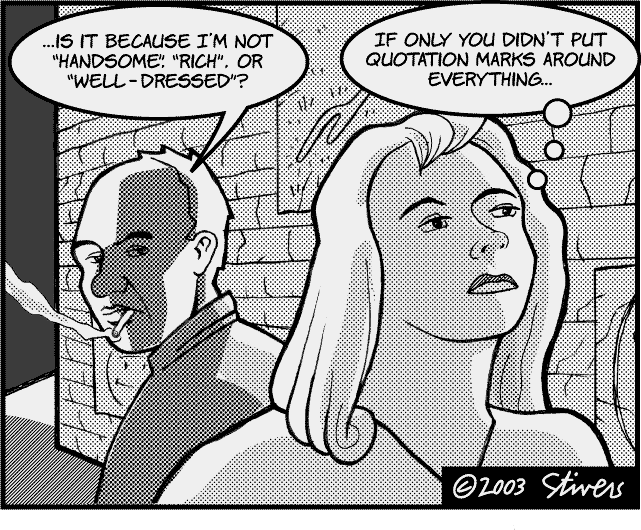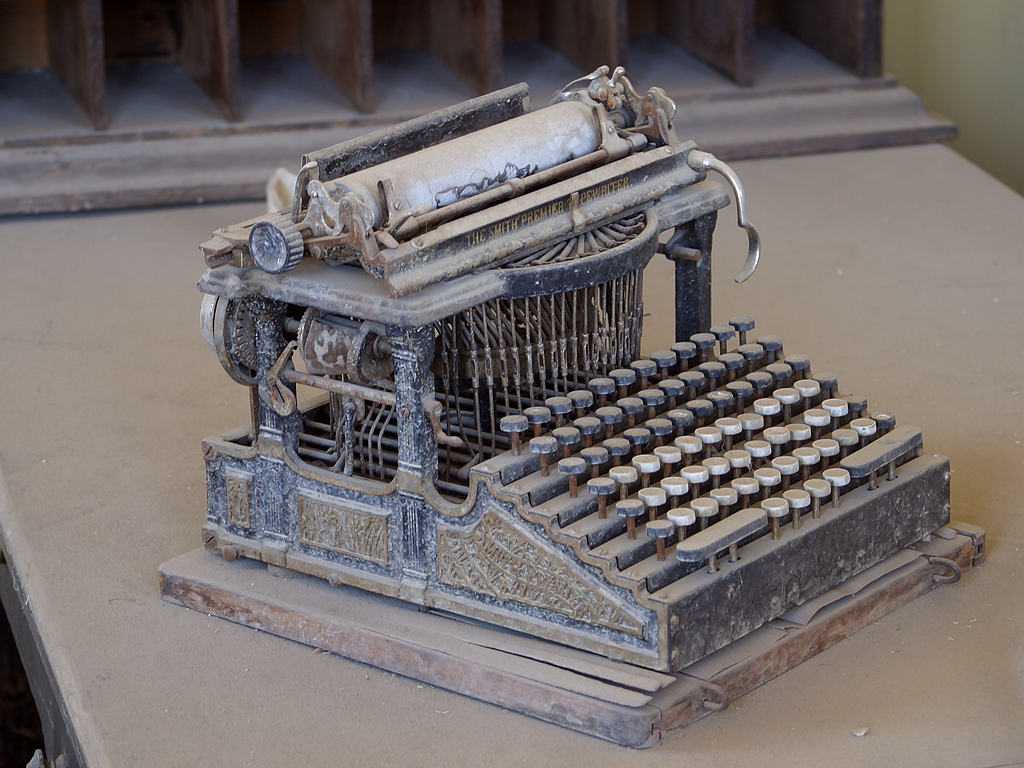
Maybe I should call it Accidental Plagiarism instead. Back in 2002, Pete Hamill penned a novel entitled "
Forever" which is about a character named Cormac O' Connor:
Cormac was killed centuries ago ... and brought back to life _ eternal life. Granted immortality, he lives in Manhattan, still bearing the scar of his fatal wound, learning to play the piano, romancing the city's women until he finds the one who can grant him peace.
So, soon
Fox will air a tv series about:
[A] lead character [who was] killed centuries ago ... and brought back to life - eternal life. Granted immortality, he lives in Manhattan ...
If you read the
article you'll read about some other similarities between the two stories. Similarities that Fox is claiming have nothing to do with one another...it's all coincidence. And it very well may be. There are so many creative works out there that every now and again two ideas will be birthed which will be twins only from different mothers. But there's something else going on here I think.
If you take the premise of these works there's a natural tendency to create similar story arcs and rules. New York is a happening romantic place, immortals are usually battle-damaged (in fact it's estimated that if you were immortal you'd only live to be about 500 before, based on guesstimation, you'd die in some horrible body destroying accident), immortals would be lonely and they'd have lots of time to learn complex things. The initial premise, to me at least, seems to lend itself to a natural flow of components to the tale and character.
Then there's the old film
Highlander too...lets not forget that one about
Connor MacLeod, the scarred immortal, who lives in New York...etc...etc...

Connor and his Piano

Connor's Scars
Bonus Pithy Remark: While we're talking about immortals, why hasn't anyone made a decent film about
Count of St Germain who also played piano (among a zillion other things)?















